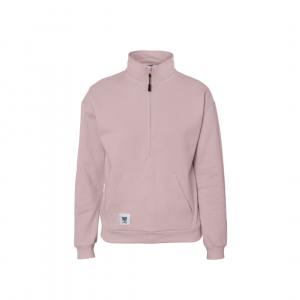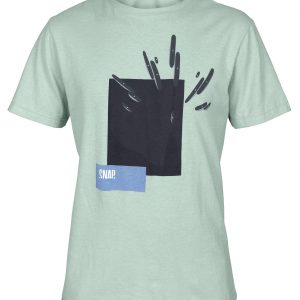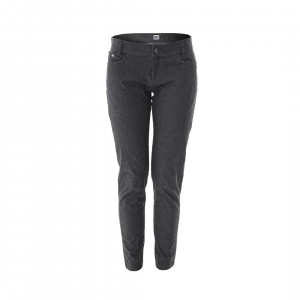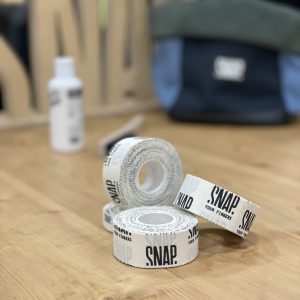materials SNAP have less impact on
the environment than traditional materials.
A good material is always a question of balance and choice. For us, it must be durable, flexible, stretchable, use materials that have the least possible impact on the environment, be recycled or consume less water, and respect natural ecosystems. Each product is designed around a use that defines the style of the material. We then develop and manufacture it in the best possible conditions.
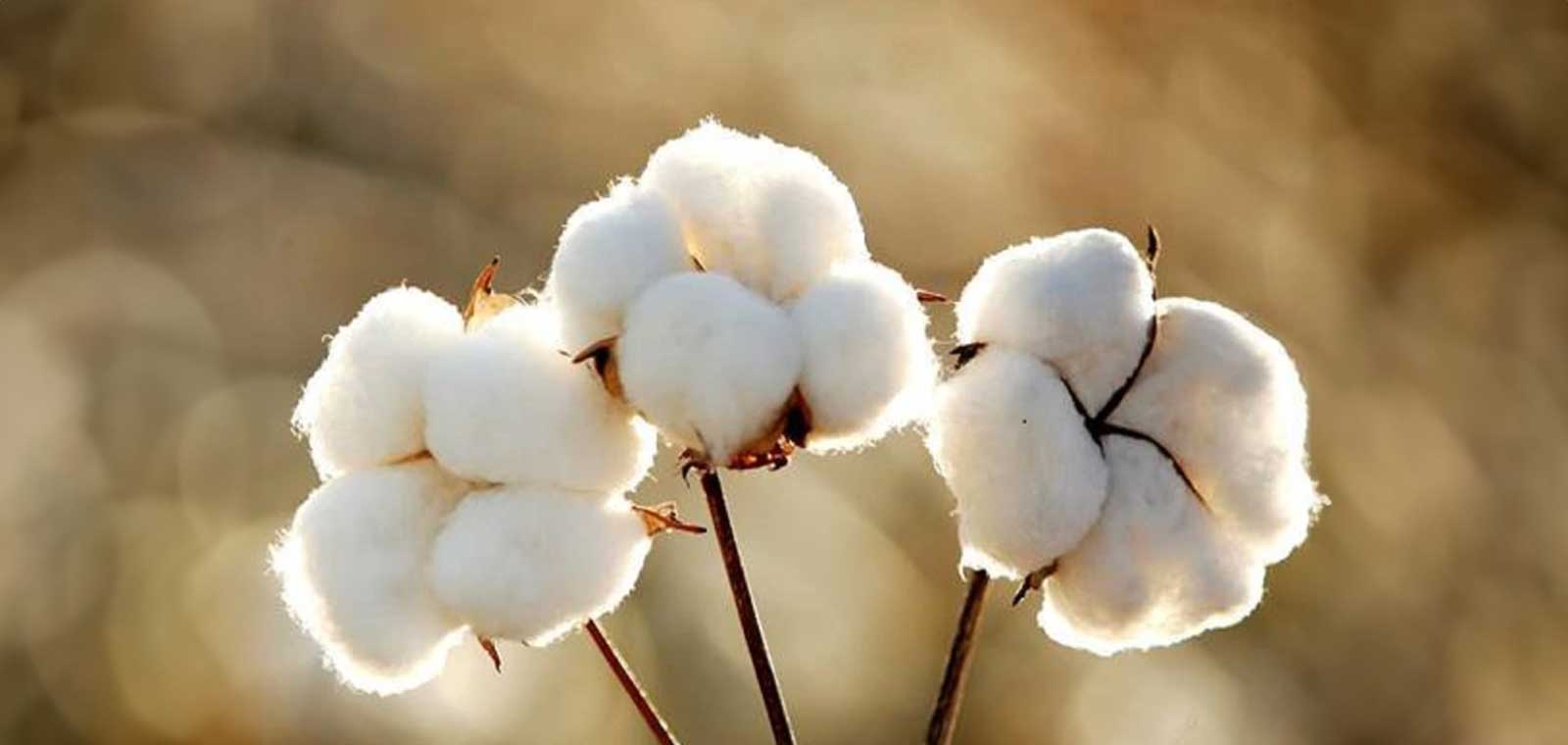
Organic cotton
A quick reminder: organic cotton uses 50% less water than traditional cotton, and no pesticides or chemical fertilizers. That's sustainability 101. Non-organic cotton shouldn't even exist any more. The cotton we use is GOTS-certified, a guarantee of seriousness and quality that gives us 100% confidence in production and ensures a decent income for the farmers.
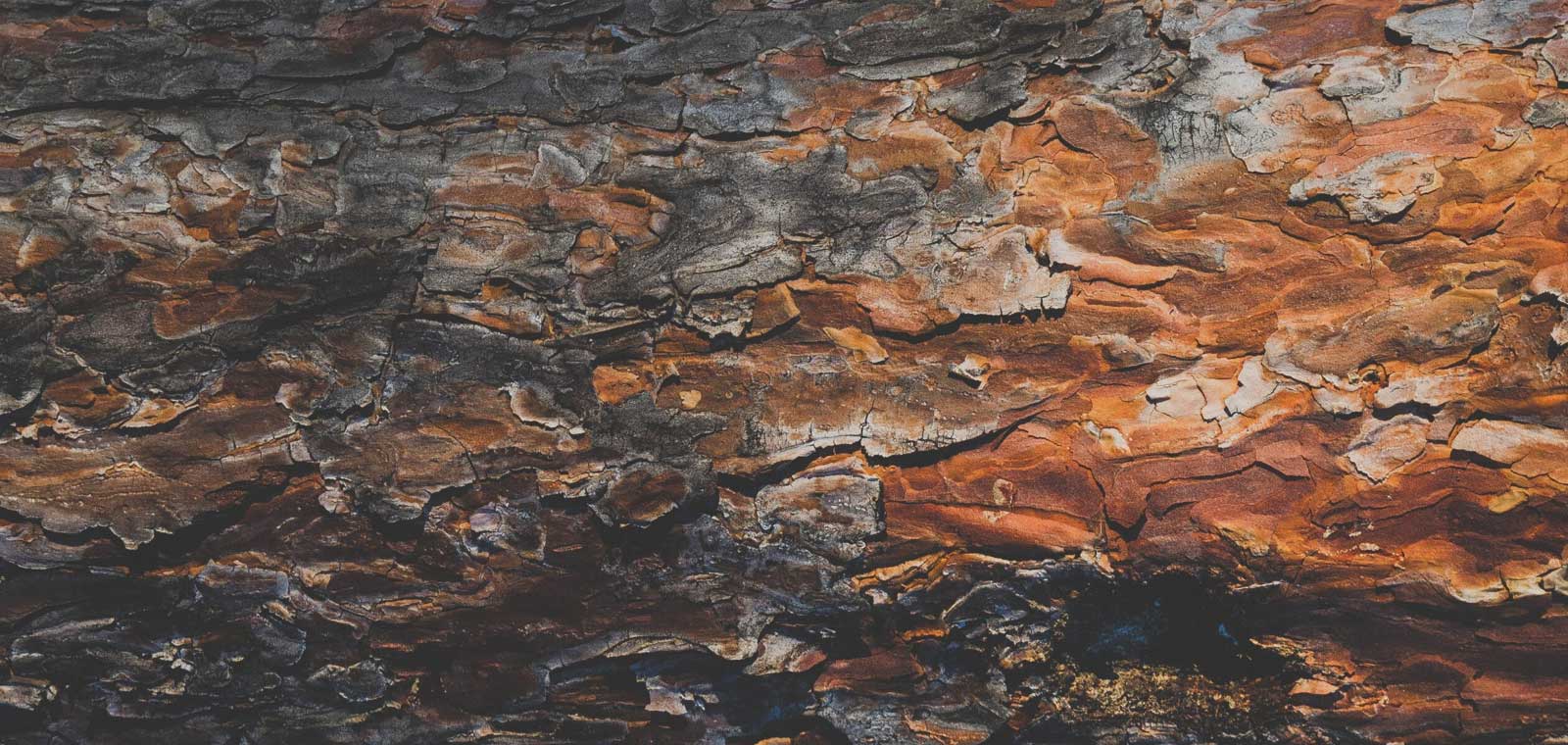
Tencel
Similar to modal, the wood we use is not the same. We combine it with merino to combine the antibacterial qualities of these two materials and bring softness and suppleness.
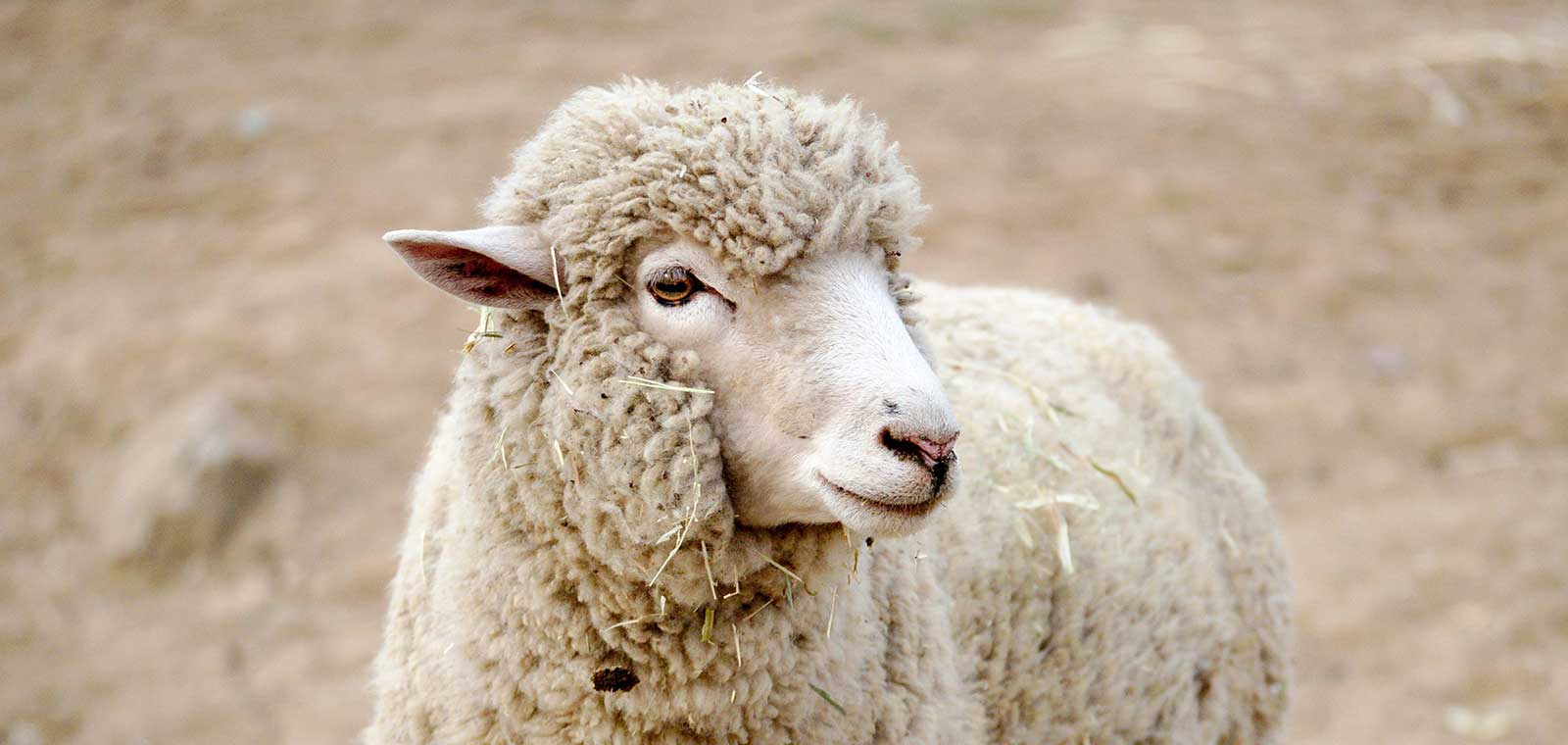
Merinos
Now well known for its growing use in technical garments, we combine merino wool with tencel for their thermoregulatory and antibacterial qualities. Our wool is sourced from farms that respect animals and do not use the mutilating technique of mulesing, which prevents the loss of wool production due to bacteria. 100% natural and renewable.
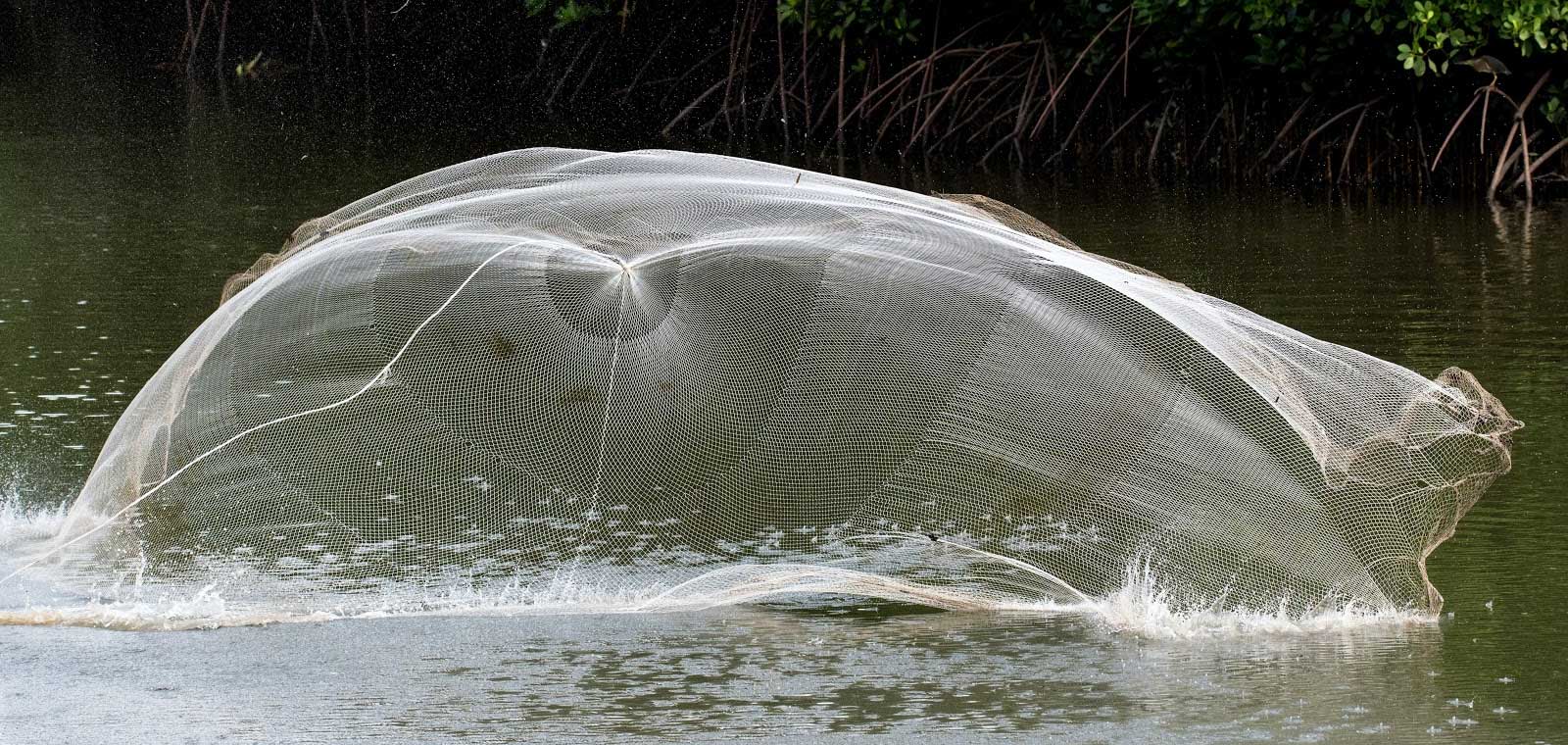
Recycled nylon
Similar to PE but with different properties, made from recycled fishing nets collected from the oceans, nylon is used in our Soft Shell and Shell Jackets.
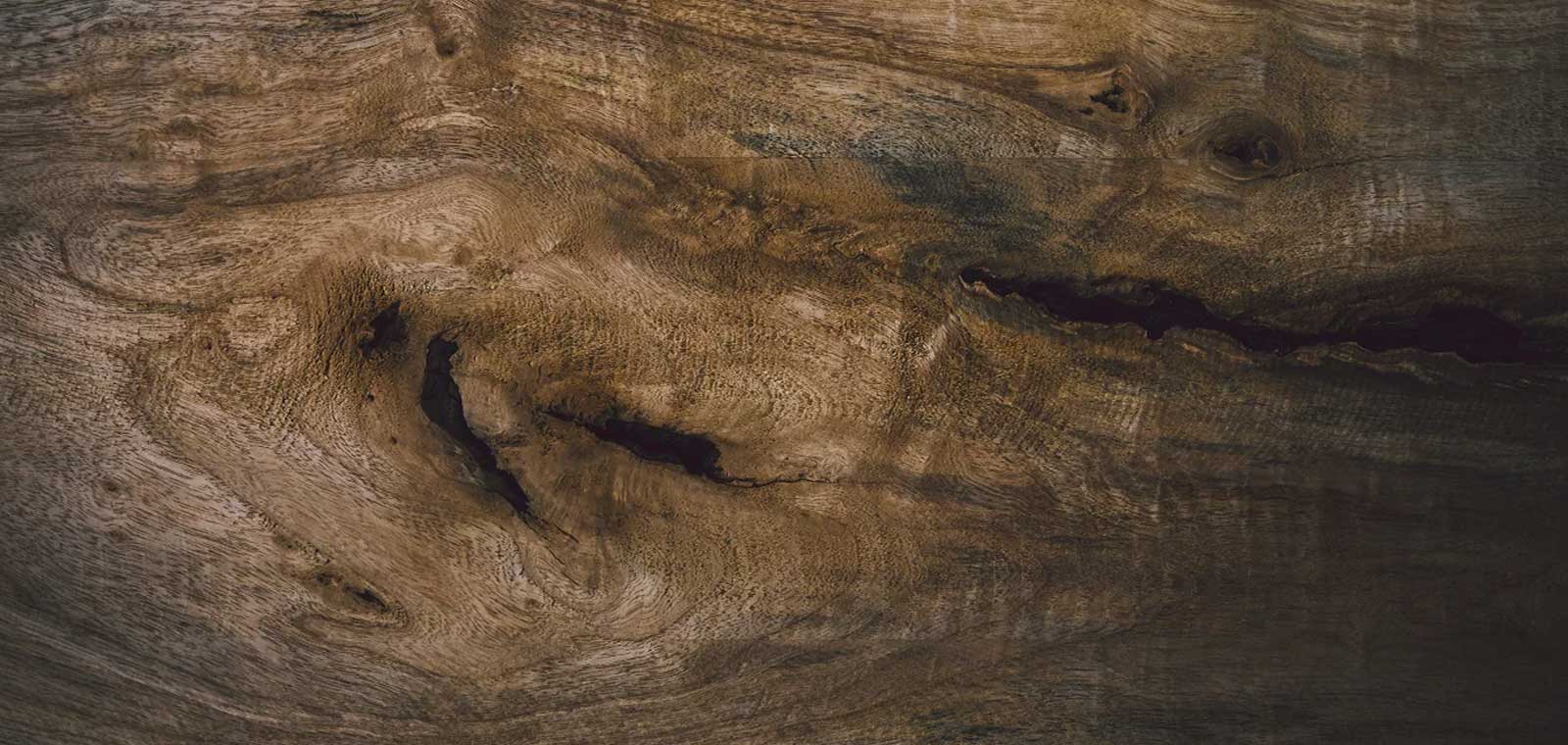
Modal
A material spun from wood cellulose fibers from sustainably managed forests. Modal is softer and more supple than cotton. Combined with organic cotton, it is a particularly interesting alternative, as it is more pleasant to wear, retains its softness and colors longer than organic cotton alone, and absorbs moisture better.
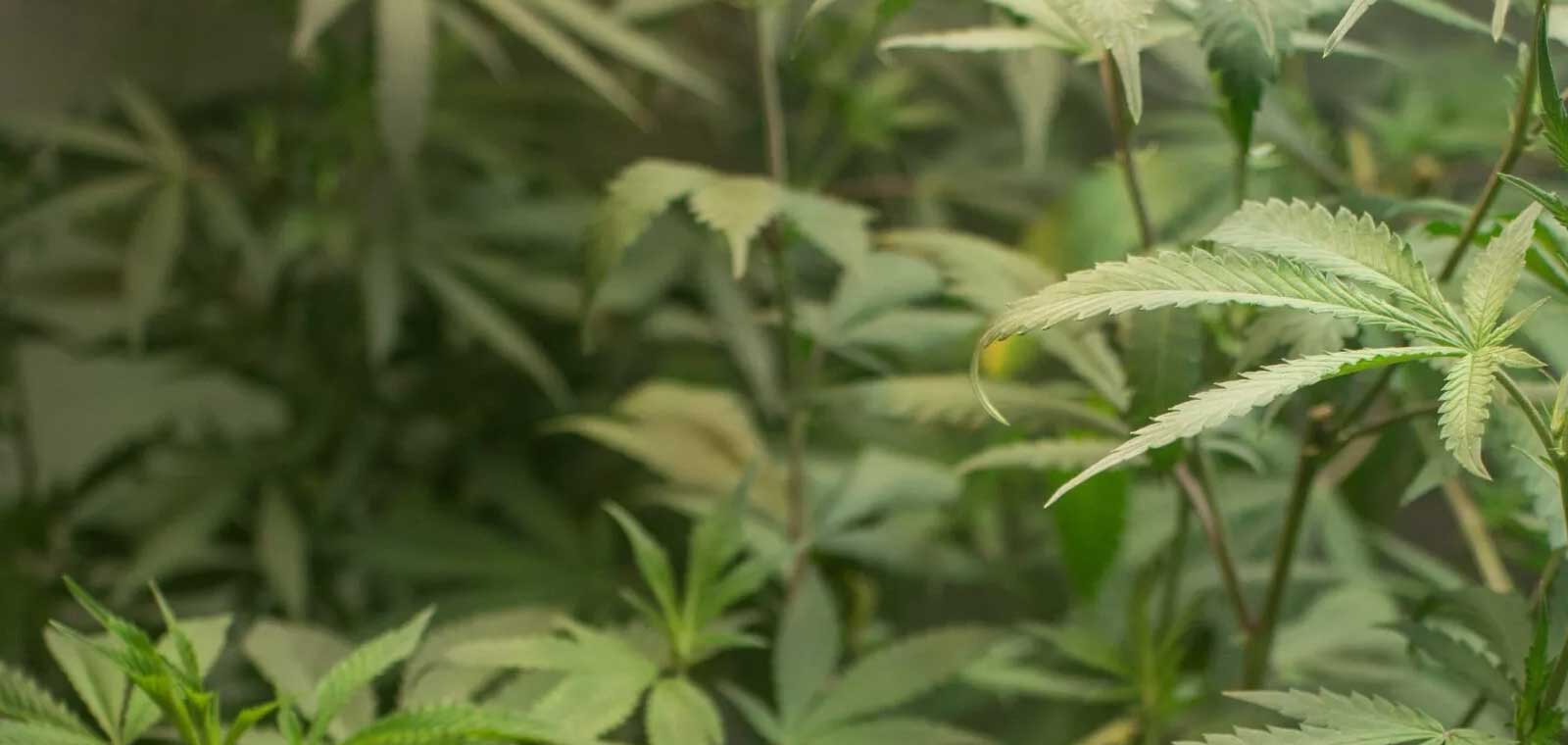
Hemp
Once used for rope, we like hemp because it doesn't need irrigation or fertilizer to grow. It's also good for soil regeneration. Its yarn is very resistant and, as it is a little rough, it is combined with organic cotton to make T-shirts that are particularly pleasant to wear.
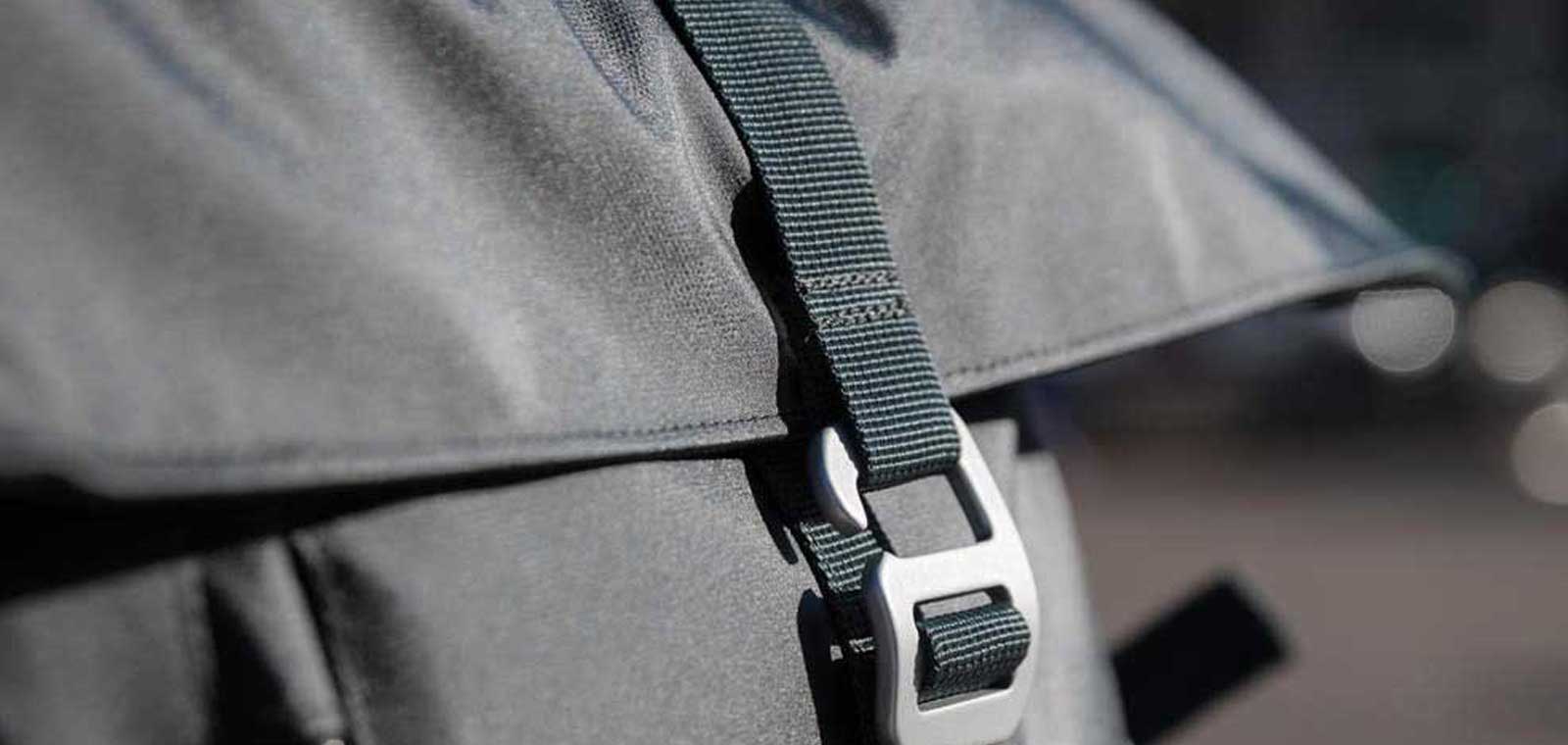
Recycled PE
For technical products, natural materials are no longer sufficient. So we choose recycled materials. Our polyester comes from recycled bottles, which we transform into yarn that we can weave. It takes 25 bottles to obtain one yard of 900-denier PE, which is very resistant for the tops of crash-pads and for certain bags. We use 600 denier for the underside of crash pads and bags, and a blend of organic cotton or elastane to contribute to the lightness and strength of certain garments.
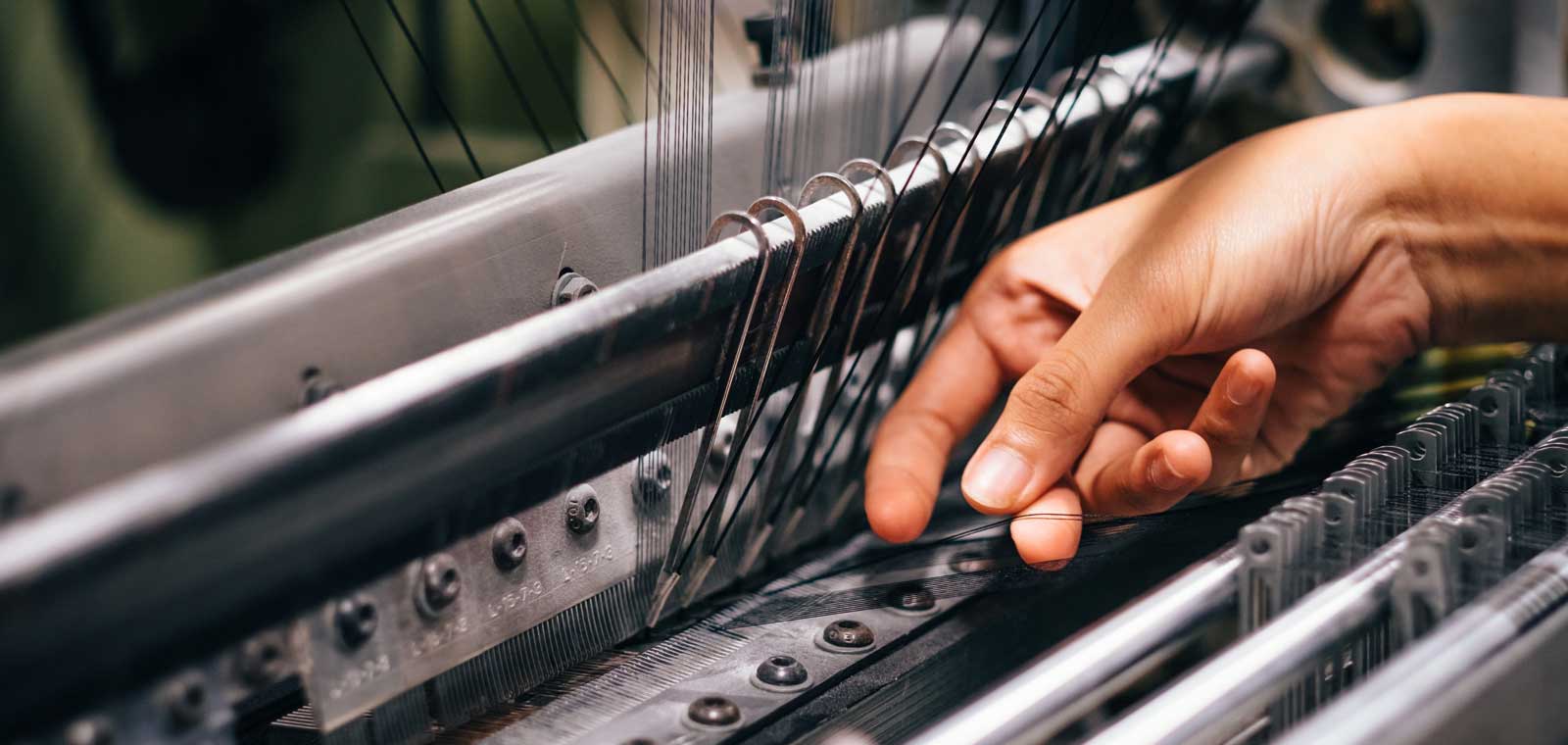
Elastane
The only material we haven't yet succeeded in improving from an impact point of view, it's essential for the stretch we seek in our garments, so that they're comfortable for both our daily lives and our sports sessions. We are closely monitoring the textile industry's progress in developing recycled yarns.

SNAP has been designed for all city dwellers on the move, climbers who respect the environment, seek ethical values and a balanced life between city and nature. With clothing for everyday life, climbing gear, backpacks, chalk bags and crash pads, SNAP is the bridge between style, ecology and technicality.
- Copyright © SNAP Climbing
- Legal Notice and Credits
- General terms and conditions
- Privacy policy

